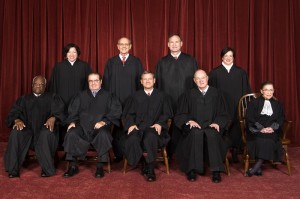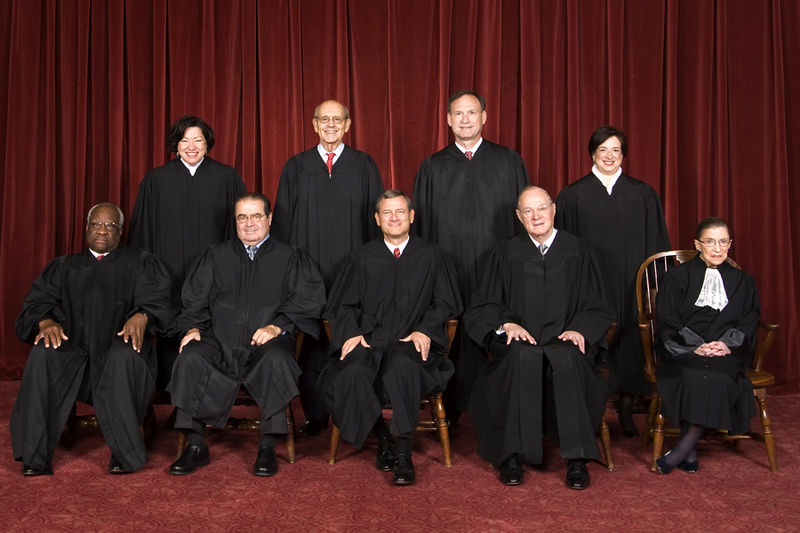 WASHINGTON - While most of the nation anxiously awaits a ruling by the U.S. Supreme Court on the constitutionality of the federal health care law, juvenile justice reform advocates are on tenterhooks over a ruling expected next week over mandatory sentencing of juveniles to life without parole.
WASHINGTON - While most of the nation anxiously awaits a ruling by the U.S. Supreme Court on the constitutionality of the federal health care law, juvenile justice reform advocates are on tenterhooks over a ruling expected next week over mandatory sentencing of juveniles to life without parole.
At stake is the question of whether it is cruel and unusual punishment to put minors in prison for the rest of their lives without any possibility of release, even if they killed someone or were involved in a murder, without considering their age or circumstances.
The court’s ruling will be on two separate but related cases involving two 14-year-old boys sentenced to life without parole under mandatory sentencing laws in their states, Alabama and Arkansas.
On two previous occasions, the Supreme Court has affirmed that under the Eighth Amendment, juveniles could not be given death sentences or life sentences without parole for crimes other than murder because to do so would be excessive. Now, it must decide whether it is excessive for states to do so even in the case of murder or manslaughter.
The Court has released opinions on all but five cases argued before it this term, according to the website SCOTUSblog. Juvenile-justice watchers hoped that Thursday would be the day they’d get the court’s rulings on Jackson v. Hobbs and Miller v. Alabama, the cases involving the two 14-year-olds, but those were not among the four decisions released this morning.
The court never announces in advance which rulings it will release. Monday is the next day for rulings, with Thursday, June 28, likely to be the last day for remaining rulings to be made public.
In the last 40 years, about 7,000 children have been arrested for murder or manslaughter, of which only 79 have been sentenced to life without parole, making such a sentence very rare, Bryan Stevenson of the Equal Justice Initiative, who argued on behalf of the boys in both cases, told the court in oral arguments in March. Nationwide, only 41,000 people are serving life sentences without parole, making those 79 children a miniscule percentage of the total, he said.
“This is an exceedingly rare sentence where the majority of states have never chose to impose it,” Stevenson said. “That would provide a basis for this Court to conclude that it is cruel and unusual.”
